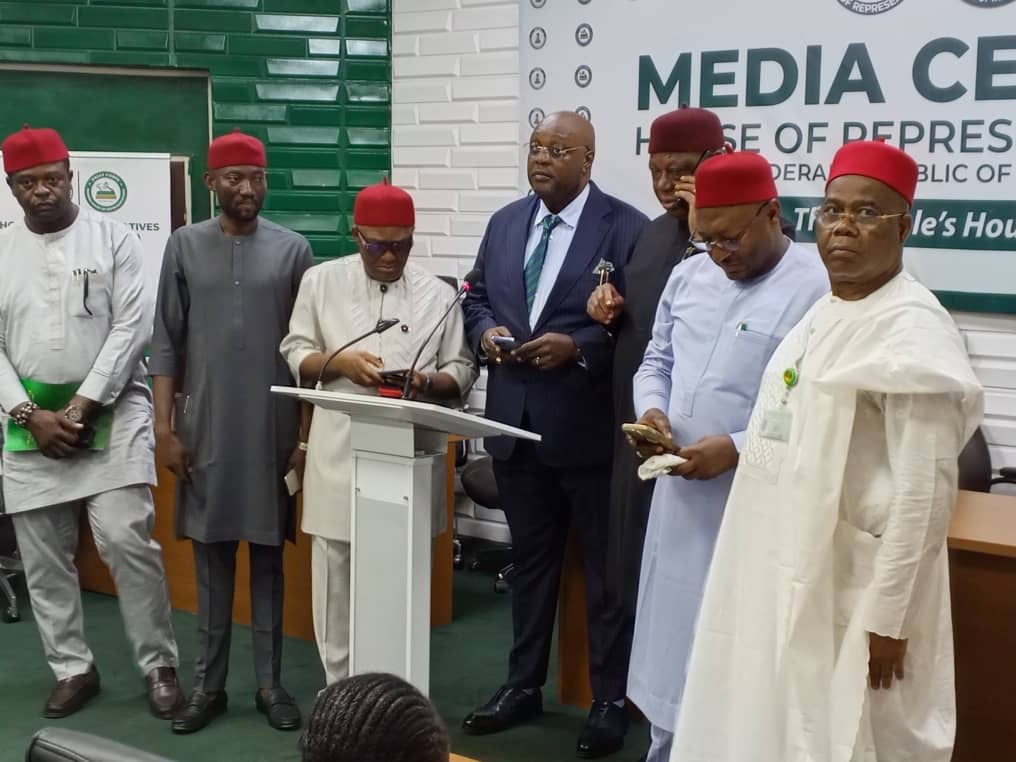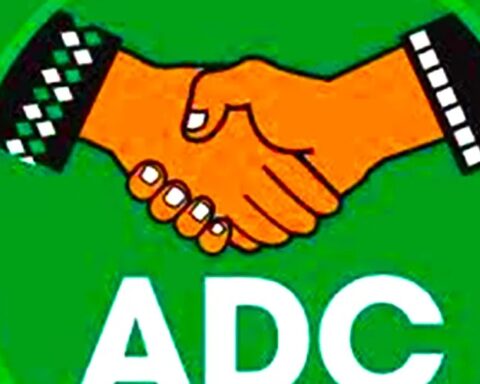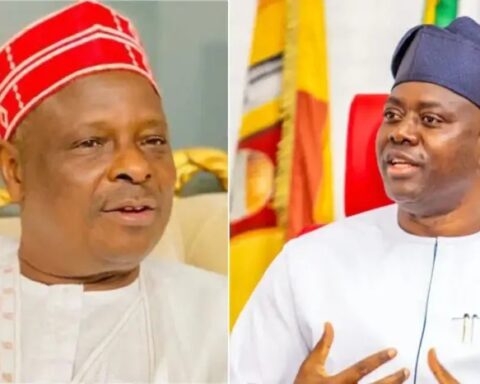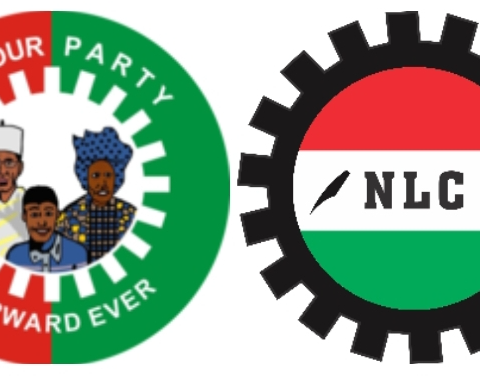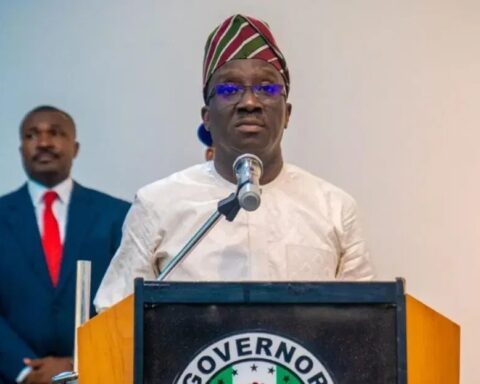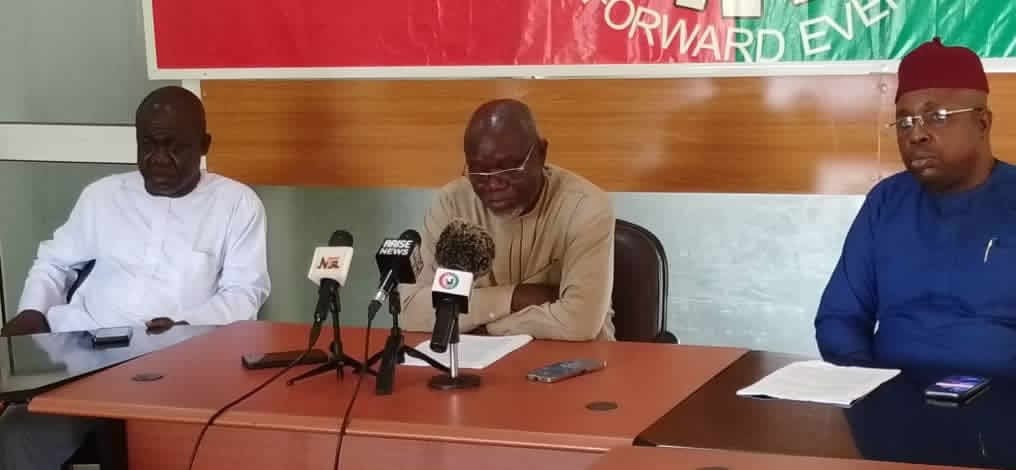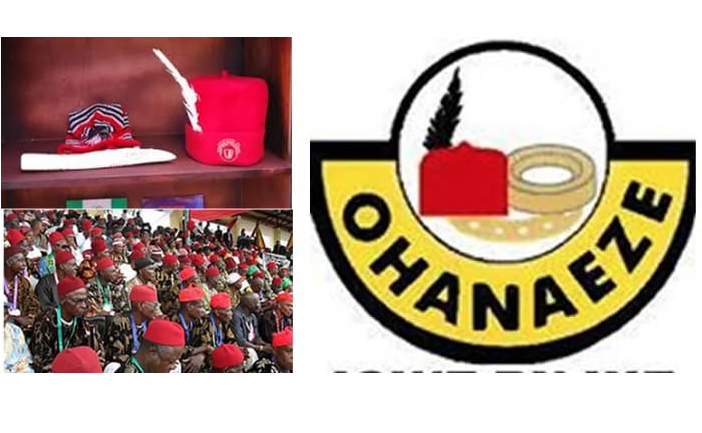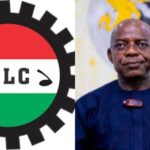The entire caucus in Enugu State in the House of Representatives has defected from the Peoples Democratic Party and the Labour Party to join the All Progressives Congress. The defection became public knowledge during plenary, where the Speaker of the House, Tajudeen Abbas, read out the letters of resignation from the former parties to join the ruling party. The Governor of Enugu State, Peter Mbah, was in attendance during the announcement.
The large number of defectors makes it more than just another political party desertion. It symbolizes the fact that even in Nigeria, political processes remain more driven by power alignment than ideology or commitment to the voters. The political parties in Nigeria have, for years, struggled with the absence of internal democracy, accountability, and organizational structure in place. The current event in Enugu state directly relates to that deficiency in political organizations in Nigeria. The lawmakers did not claim that it was because their former political parties failed to provide good governance to the citizens. They did not claim to disagree with the political manifesto of the party they joined either.
That is, the defectors are conveying to the masses that access to power is of higher priority than adherence to ideals. This has arguably been one of the most prominent challenges in Nigerian politics. Politics is viewed as if it were simply a transient tool to gain political power rather than an institution that should help effect transformation in the nation as a whole. When politicians behave in this manner, it leads to volatility in democracy because citizens understand that they do not hold any real importance in terms of mandate in democracy.
This decision further reaffirms the weakening state of opposition politics in Nigeria. The Labour Party, which showed immense promise in the 2023 elections, especially in the Enugu state and the South Eastern states, seems to be incapable of retaining its members in parliament. The PDP, once the major political party in the nation, further weakens in membership because of internal leadership conflicts. Rather than solving these issues, they continue to witness defections to the ruling party.
The politicians explained that to develop Enugu, they should join the APC. However, to develop, it doesn’t matter if one is in the ruling party or not. Development needs good institutions, accountability, planning, and genuine representation. If it was beyond them to represent or hold accountable the political party they left, can they represent the new political party if they don’t agree with it on issues? If governance becomes based on loyalty rather than on serving the needs of citizens, they won’t see any genuine change either.
Today, Nigerians are more politically awakened than before. Youths were very involved in elections with great hopes. Such forms of defection can demoralize such hopes. When politicians continue to see public trust as something that can easily change from day to night, it can make the citizens feel less enthusiastic about participating in the political process.
The mass defection of the political caucus, therefore, is not only political in nature. Rather, it is a pointer to the amount of work that needs to go into ensuring that Nigeria has a political institution that is founded on values and responsibility. For political maturity to be attained in democracy, there is a need for political parties to develop in terms of self-reformation. Parliamentarians must recall that they were elected by the voters, not by the party leadership that they currently follow. Until that time, Nigeria would continue to witness Politics of Convenience rather than Politics of Principle. Politics would continue to fail in Nigeria because, in exchange for political loyalty, the citizenry would always be left behind.
